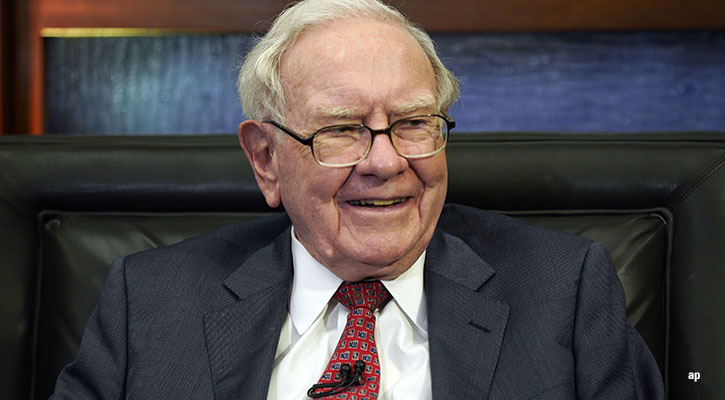Micro-Caps Fizzle
That pattern explains much of the performance differential among funds in the
n-GB&pgid=hetabtools&Universe=FOGBR%24%24ALL&IMASector=LC00000008">UK Smaller Companies
sector: The top-quartile of funds in the sector had a median exposure of 7% to mid caps, 54% to small caps, and 35% to micro caps over the past three years. Conversely, the bottom quartile devoted just 1.4% to mid caps, 30% to small caps and 62% to micro caps over the same period. Morningstar defines cap bands a bit differently from the FTSE norms, but the drag of the smallest companies on funds in the sector, as represented either by our micro-cap measure, or by FTSE indexes performance, is clear. In terms of investment style, there is no clear bias among the winners relative to the losers, though they did exhibit a small tilt towards growth rather than value equities. In terms of sector exposure, the strongest performers tended to have greater exposure to financial services and consumer services than did the weaker offerings.Don't Look Back
Small-cap investing comes with a heightened degree of risk, and there can be significant danger in chasing top-performing funds. First, what has worked well over a short period of time--and three years is an extremely short period of time relative to the scale of the typical investors’ horizon—is by no means necessarily going to work well in the future. Second, the funds that do well tend to attract assets quickly, and the velocity and magnitude of inflows can make the fund difficult to manage efficiently.
The Bottom Line
Instead, we prefer funds run by managers who have been through a variety of market environments, that have reasonable costs, and that do not appear to be taking large risks with their holdings. One such offering in this sector is Baillie Gifford British Smaller Companies. Manager Iain McCombie has only been at the helm since 2001, but he’s been with Baillie Gifford since 1994, and has been running institutional money for the firm since 1997. The fund uses a team oriented process that focuses on identifying companies with sustainable long-term growth prospects at reasonable prices—in keeping with the fund’s low-turnover approach. McCombie tends to shun pricier and lower-quality fare in favour of companies with solid cash flows and the wherewithal to fund future growth. And whilst he is running a lot of money in this style, the fund’s low portfolio turnover helps mitigate potential concerns about liquidity. It won’t always be a the top of the heap—in particular, his stock selection criteria can make the fund look sluggish in speculative markets such as 2003--but we believe it should serve small-cap investors well over the long-term. (Click on the link to read Morningstar's qualitative analysis of this fund.)
A version of this article previously appeared in Investment Adviser, Financial Times Ltd.























